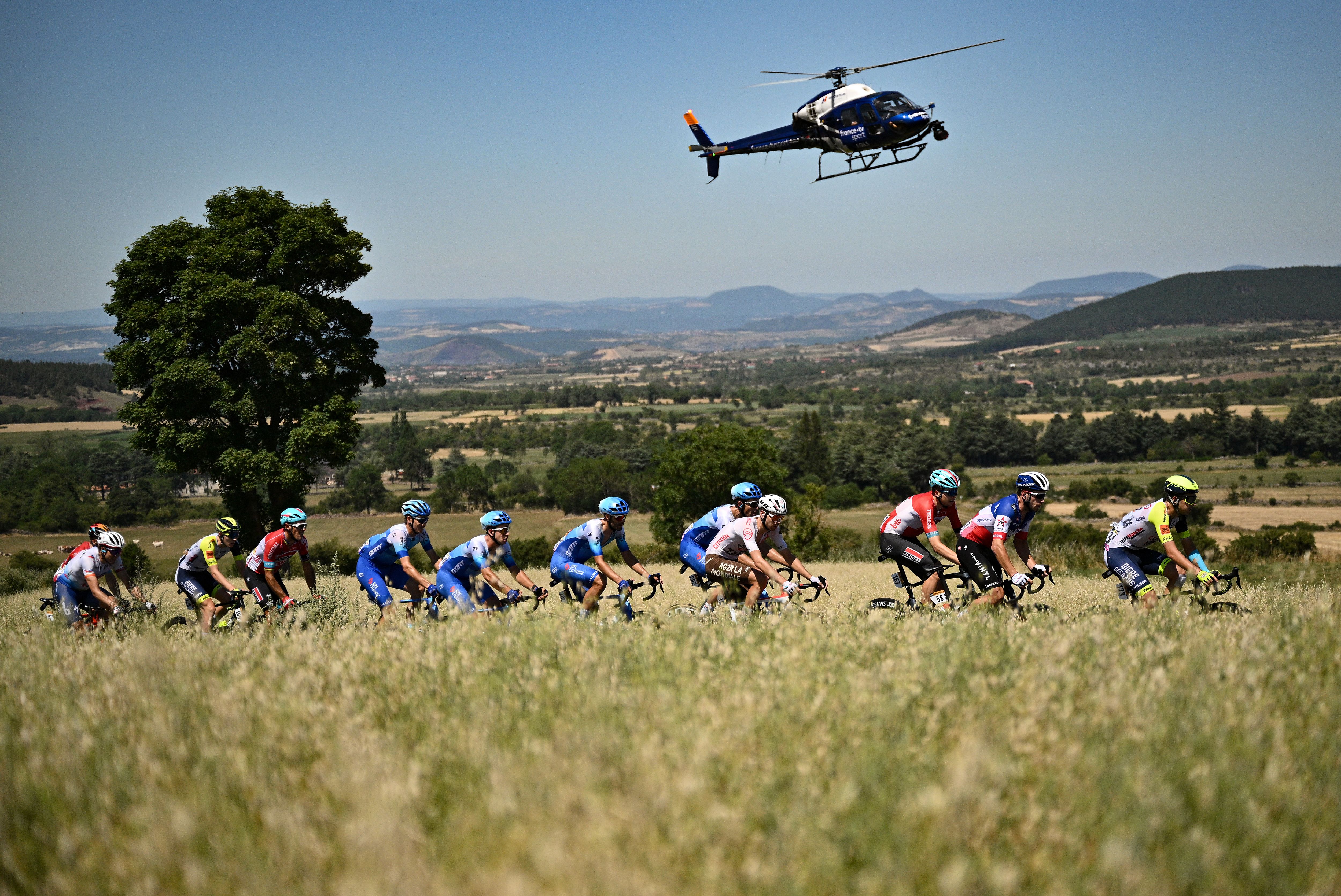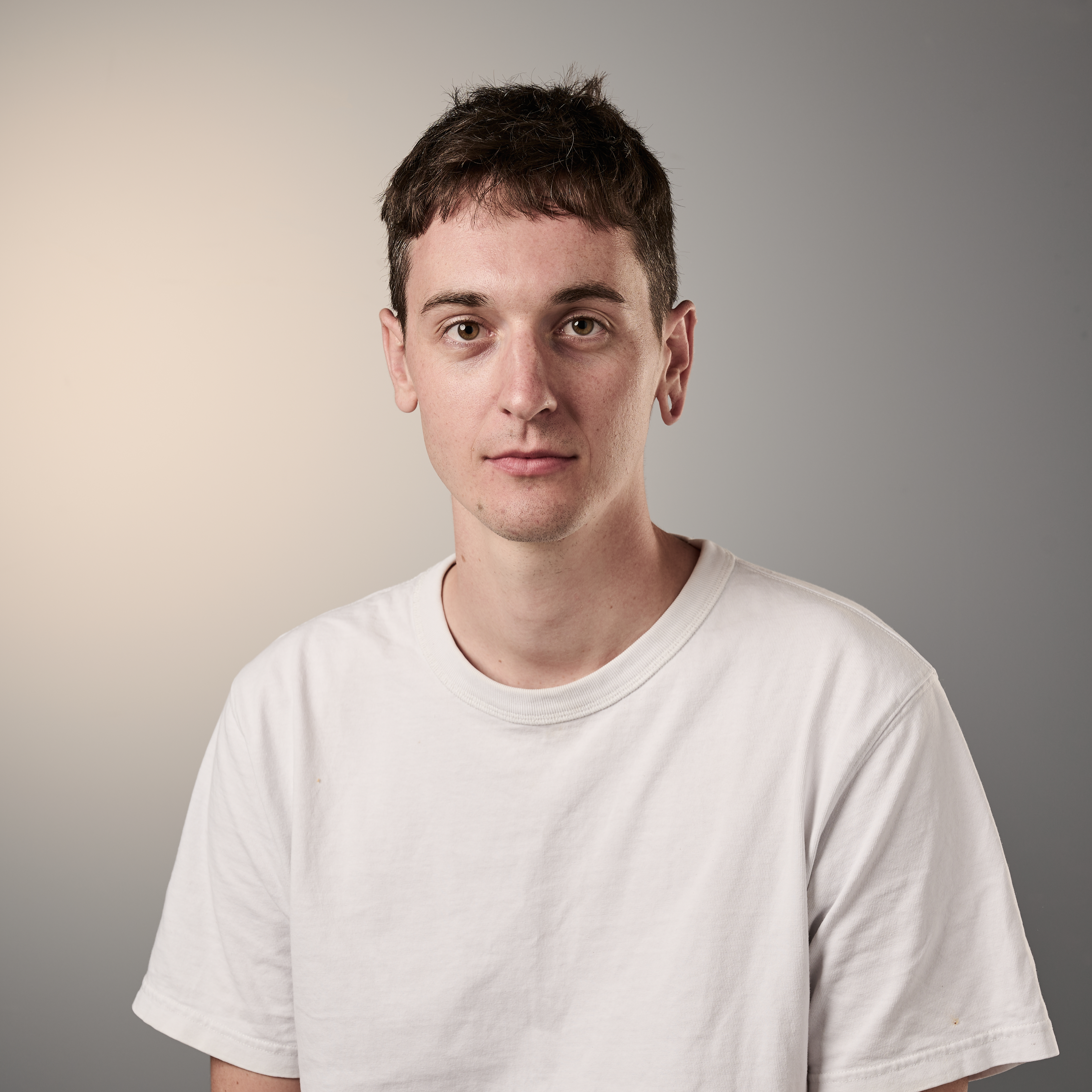'We're thinking about it' - drone filming might be used at the Tour de France this year
France Télévisions to discuss drone broadcasts with Tour stakeholders


The broadcast directors of the Tour de France are considering using drones to capture the race for television audiences this summer.
The technology was used for the first time in a WorldTour event at Paris-Nice last week, where remote-controlled cameras followed the riders at over 60km/h in the team time trial.
Following its success, drone use will now be discussed with the stakeholders of the Tour de France, according to Anthony Forestier, broadcast director at France Télévisions, the company responsible for the Grand Tour’s feed.
"Based on the feedback we had [from Paris-Nice], everybody loved it," Forestier told RMC Sport. "Some teams even got in touch with us to ask us to share the footage with them."
⚡️ Cette vitesse ! 🤩⚡️ That speed! 🤩#ParisNice pic.twitter.com/GmSgJldNeGMarch 5, 2024
Forestier added that France Télévisions is now "thinking about" doing the same at the Tour this July.
"Nothing is in place, but we’re thinking about it," he said. "There are two time trials in the Tour this year, and then a stage around Troyes with gravel roads which is going to be spectacular.
"We’re going to sit down soon with the UCI, ASO and the teams to discuss if it’s worthwhile. That seems to be the case, so we’re going to think about how to do it in a safe way."
The latest race content, interviews, features, reviews and expert buying guides, direct to your inbox!
Drones have already been used to film cyclo-cross and mountain bike events, permitted in both cases by the UCI.
Still, it is unlikely that drones will replace helicopters on the road soon. According to Forestier, the footage would be complementary in the coverage, "there to put us in the riders’ shoes", rather than showcase the scenery.
Part of the reason for this is that drones have a limited battery life. Speaking to Cycling Weekly, Will Glover, a drone pilot for Flying Pictures, said the most advanced devices can broadcast for around 20 minutes. Other obstacles include their lower broadcast quality, and laws in France regarding where and when drones can be flown in the sky.
"We need to think about the best way to put them in place," Forester said. "But, whatever the case, drones are an excellent way to make the product as beautiful as possible."

Tom joined Cycling Weekly as a news and features writer in the summer of 2022, having previously contributed as a freelancer. He is fluent in French and Spanish, and holds a master's degree in International Journalism. Since 2020, he has been the host of The TT Podcast, offering race analysis and rider interviews.
An enthusiastic cyclist himself, Tom likes it most when the road goes uphill, and actively seeks out double-figure gradients on his rides. His best result is 28th in a hill-climb competition, albeit out of 40 entrants.